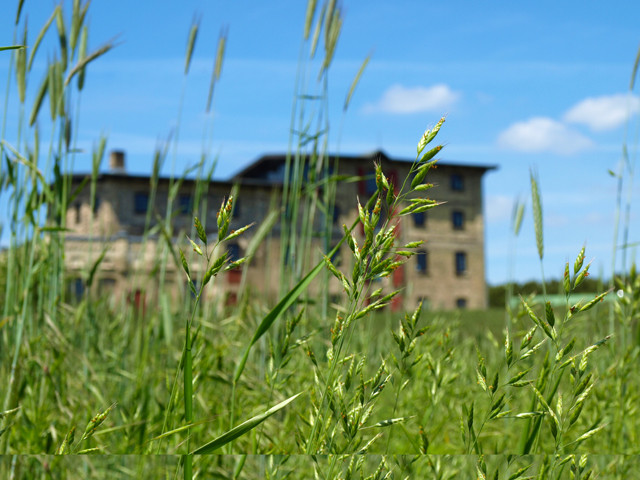When Pakistan was formed, the Sardars of Balochistan were given a relatively free hand to run their areas as they wish, so long as they would pledge themselves to the Dominion. India, on the other hand, using land reforms and other measures, was able to restrict the power of the landowners.
While neither country saw complete success, it is our landed gentry that truly made the decision taken by the founding fathers seem farcical.
Hindsight may be 20/20, but somebody had to realise that granting them autonomy to run an unelected tribal government within a government had to be a recipe for disaster. Or maybe it was just intended to be a stop-gap till the fragile government of a fragile country could piece itself together. Whatever the reasoning, it set the stage for 64 years of feudal domination under the guise of nationalism.
The people of Balochistan do have problems, many of them caused by the doing of others. What they need to realise is that it is the feudal structure of their society that has created them. Each of the Baloch separatist movements and uprisings was motivated, not by love of the people or democratic rights, but by personal greed.
In 1948, a separatist movement led by the Khan of Kalat’s brother, purportedly with the objective of creating a “Greater Balochistan” began, based more on Prince Abdul Karim’s desire to maintain power at the cost of giving his people access to development (that little development actually came later is irrelevant in the context of the time).
Nawab Nowroz led a movement in the late 1950s opposing the One Unit plan (itself an arguably racist plan to limit the power of the Bengali population of East Pakistan, which comprised over half the population of Pakistan).
However, his fear again was the loss of tribal power, not the loss of constitutional rights for the province’s populace.
The 60s saw Khair Baksh Marri and Akbar Bugti rise up and demand a share of gas revenues. A noble gesture for the people, except that they wanted the money to flow into the personal coffers of tribal leaders.
When Bhutto appointed the Butcher of Bengal to oversee a brutal crackdown against the uprising in the 70s, allusions were made to the denial of rights that led to the birth of Bangladesh.
However, our former East Pakistani brethren did not leave because their feudal lords were being converted into ‘normal citizens’. They left because every single one of them was a second class citizen in the Islamic Republic, with their tax revenues being misappropriated to the western half and little to no development coming due to ethnically foreign overlords.
While on a visit to Islamabad with Field Marshal Ayub, Sheikh Mujib is believed to have said something to the tune of, “I smell the jute fields of Chittagong here.”
Turn to the military government in the 70s and 80s under General Rahimuddin Khan and it becomes clear that development was never on the feudal agenda. The general not only oversaw what was arguably the greatest period of development for the province, but also granted amnesty to separatists willing to lay down their arms. His boss at the GHQ may be less fondly remembered by history, but Gen Rahimuddin brought a glint of hope into a dire situation.
Most significantly though, he encouraged women’s education. He had girls schools opened across the province, even in places like Dera Bugti. How many schools did the late warlord and his ilk open there?
Fast forward to present day, and the cycle continues. Feudal lords refuse to allow the government to exercise it’s writ within the country’s borders, and follow up by claiming they are being denied access to their rights (while they continue supporting barbaric ‘customs’ like Karo-Kari, wife beating and clemency for rapists).
Defending feudalism, a system that has been rejected all over the world, is not just passé, it’s ludicrous. While the focus of this piece is on Balochistan, it applies universally.
In Punjab, Sindh, K-P and Fata, feudal power systems are a source of social decay, maintaining the status quo that democracy is meant to break. They may threaten to defend the glass ceiling that, according to them, if shattered will rip up the fabric of the country. They are wrong: Pakistan was not made at the barrel of a gun, nor will it be held hostage at one.
My feudal (over)lords
Feudal power systems within the country are a source of social decay which help maintain the status quo.


COMMENTS
Comments are moderated and generally will be posted if they are on-topic and not abusive.
For more information, please see our Comments FAQ